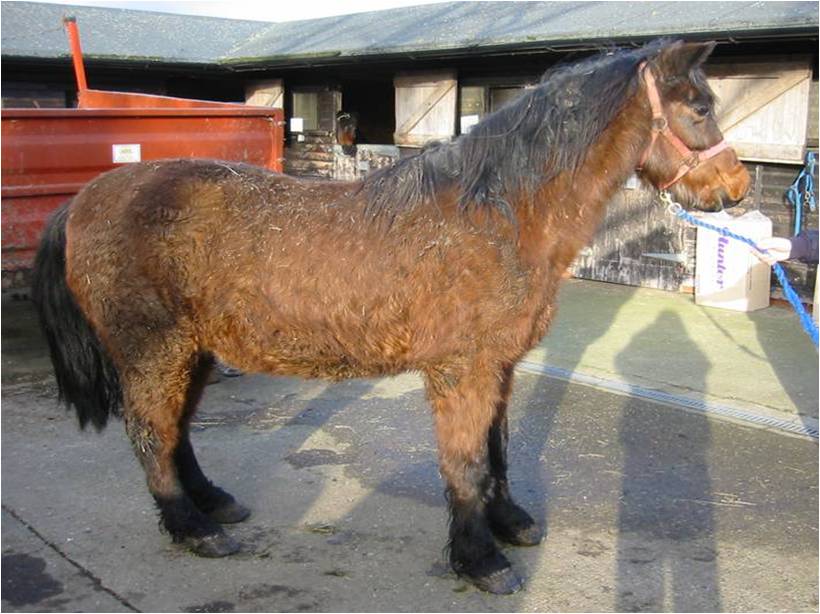A new way to assess the quality of life of horses and ponies suffering from Pituitary Pars Intermedia Dysfunction (PPID) — commonly known as Cushing’s — is being developed by researchers at the Royal Veterinary College (RVC).
The RVC has been awarded funding from CVS (UK) Limited in order to develop the new assessment tool, from which the data and findings will then be used to aid vets and owners in making informed decisions about treatment options for equines suffering with the disease.
‘An exciting project’
The research, which will take place over three years, will be led by the RVC’s professor in equine medicine, Nicola Menzies-Gow, and professor of animal welfare, Christine Nicol, as well as Dr Edd Knowles and Dr Imogen Schofield from CVS.
“This is an exciting project that will hopefully allow development of a tool that can be used to objectively assess the quality of life of horses and ponies with PPID and determine which aspects of the disease and its treatment have the greatest impact on this,” said Nicola.
The research team will interview equine vets and owners of animals suffering PPID in order to determine the aspects of the disease that are perceived to impact quality of life most.
These findings will then be used to develop a questionnaire that a larger number of horse owners will complete in order to determine the frequency with which each aspect impacts quality of life.
Assessing quality of life
After this research has been gathered, the team will develop a question-based tool and produce a numerical score that will allow an assessment of a horse or pony’s quality of life to be interpreted.
The new quality of life tool will then be used in a study that will recruit and follow 140 horses and ponies newly diagnosed with PPID over a two-year period to see how their quality of life is impacted by the disease and whether treatment with the drug pergolide — which is currently licensed for the treatment of PPID — improves quality of life.
A statement said: “Not only will the study help determine whether pergolide has an impact on quality of life of equines, it will more broadly help both vets and owners in their decision-making when considering treatments or in some cases, euthanasia.”
What is Cushing’s/PPID?
PPID is a hormone disease that affects the horse’s pituitary gland, which is located near the brain and produces a number of hormones that control many parts of the equine body.
Approximately 25-50% of animals with PPID also develop laminitis, which affects the soft tissue (laminae) that attach the pedal bone to the hoof wall and can be recurrent and potentially serious. This can lead to extreme pain, instability of the pedal bone within the hoof capsule and in some cases, euthanasia. However, PPID can also manifest in clinical signs such as weight loss, behavioural changes and lethargy — all of which can have a negative impact on an animal’s quality of life.
Imogen Schofield, veterinary statistician and epidemiologist at CVS, said: “CVS are delighted to be supporting this important research into the quality of life of horses and ponies with PPID. This research will build on our profession’s understanding of the impact of this complex disease and will guide management decision-making, to ensure that affected animals receive the best possible care.”










